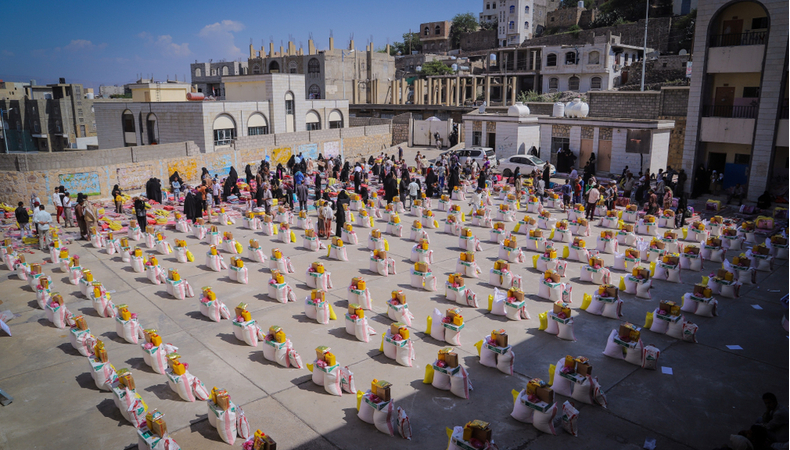The Russia-Turkey tussle blocks aid and vaccines for opponents in Syria

Geopolitics in Syria also plays a role in the pandemic crisis as the border crossing control struggle continues. From which humanitarian aid and vaccines enter.
The “Astana-16” talks ended on July 8, and the occasion of the new UN Security Council also focused on the question. And who pays the consequences, as always in these ten years of war, is the civilian population. But, unfortunately, the parties have not yet reached concrete conclusions on cross-border aid. Chinese ambassador Zhang Jun allegedly said that we should be interested in solving the Syrian crisis rather than focusing only on the question of the country’s entrance doors.
The same source reports that the two permanent members of the Security Council allied to the Syrian regime, Russia and China, are asking for a relaxation of the Damascus sanctions in exchange for flexibility on the opening of border crossings. For some time, Moscow and Ankara have been fighting over control of the Bab al-Hawa crossing, which in practice has remained the last channel through which aid enters the areas under Turkey-backed extremist militias. The UN has denounced that the closure of this channel could cause a new humanitarian tragedy.
While UNICEF denounces that displaced populations and those who have returned to their homelands, particularly in the north-east and north-west of the country, are in particularly vulnerable conditions to Covid-19 and other epidemics. Due to unhealthy living conditions, the overload of health services, inadequate vaccination coverage, even the Kurdish Red Crescent is sounding an alarm.
In many areas like al-Shahba, on the outskirts of Aleppo, more than 100,000 displaced people from Afrin live. Here, in addition to coronavirus, leishmaniasis returned, affecting almost all children. To combat this infectious disease (which in the West now affects only dogs), a vaccine, available for decades worldwide but not in Syria, would be enough. Meanwhile, the number of people infected by Covid-19 in Syria continues to rise. According to data collected by Johns Hopkins University, as of yesterday, over 25 thousand people were infected in Syria, 1,896 victims, while the number of those recovered is more than 21 thousand.
The Covax program of the World Health Organization (WHO) has provided for delivering one million and 20 thousand doses of AstraZeneca vaccine to Syria. Still, about 260 thousand have been distributed to date, gave respectively to the government of Damascus, to the Kurdish authorities in the north. -West under American protection and the representatives of the pro-Turkish opposition in the northeast. Thus, only 5,957 people, about 0.03% of the population, would have received the double dose of the vaccine. The total doses administered are 108 thousand.
According to data provided by Yasser Nagib, president of the Syria Immunization Group, about 35,000 people have received their dose to date in north-western Syria.The immunization campaign, which began two months ago, has involved over 12,000 doctors and nurses, only a third of the population working in the health sector.
Nagib announced that, by mid-August, according to the timetable of the WHO Covax program, another 52,000 doses should arrive in the same area. That will allow injecting the second dose to those who have already received the first. More sceptical is the information officer of the WHO, Ines Humam, who stated that there is still no reliable information on delivering the new doses to the different areas of Syria.
“This depends on several factors, not least the availability of vaccines,” Humam added. In addition, the population of those areas lives under the constant threat and influence of the Qaedist formations that still roam the territory. The operators have denounced, frighten people with false news about the vaccine.




